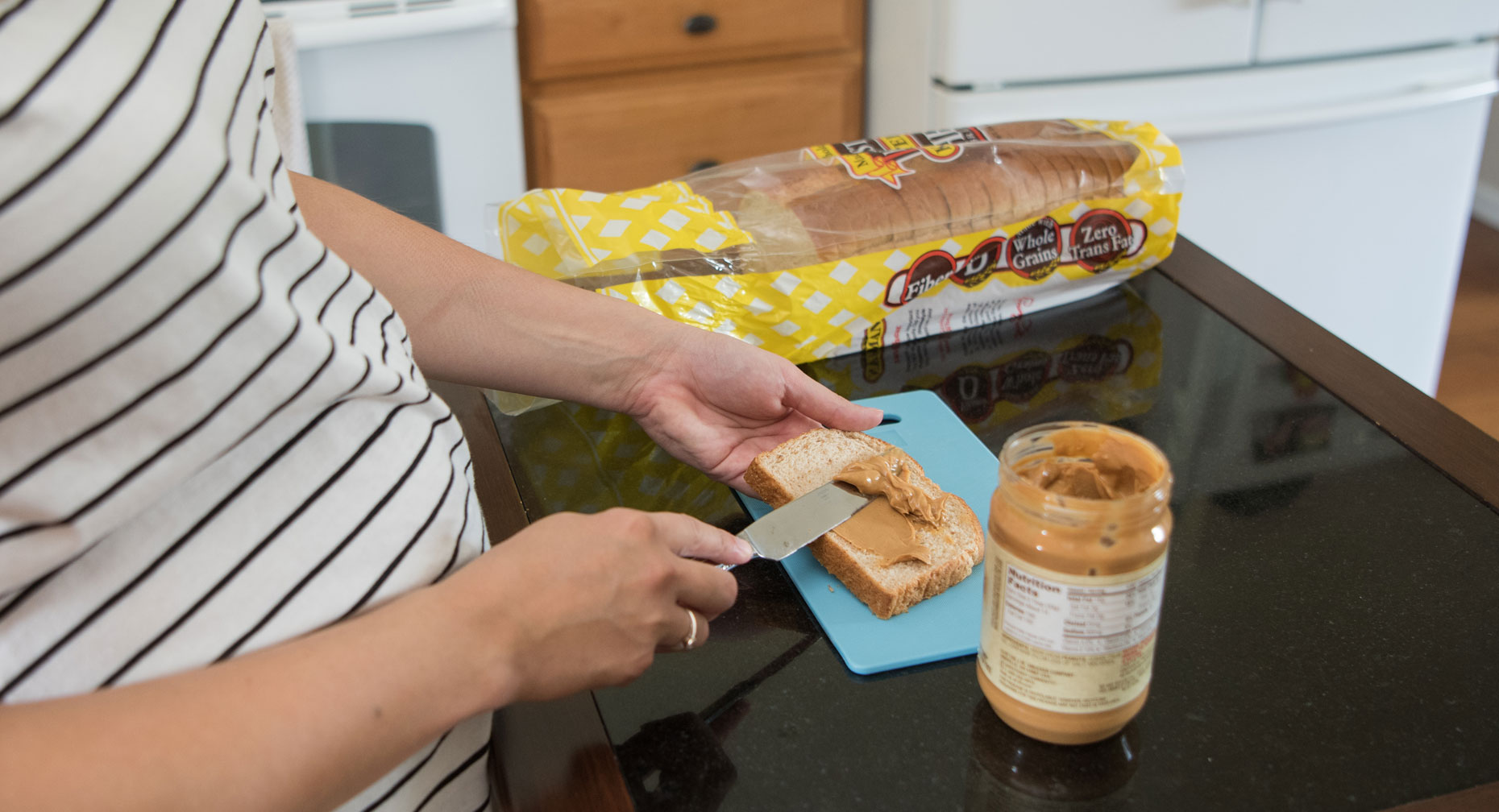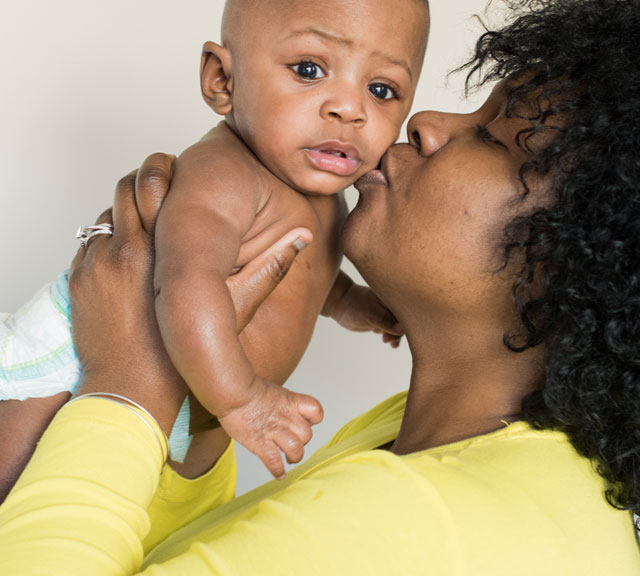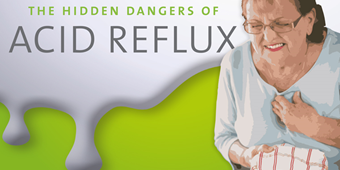What You Need to Know About Infant Allergies

Find Your Perfect Match
Answer a few questions and we'll provide you with a list of primary care providers that best fit your needs.
Food allergies in children increased 50 percent from 1997 to 2011. It’s no wonder that new parents who read harrowing stories about children with severe allergic reactions are more than a little nervous.
If you’re a concerned parent wondering how or if you can protect your baby from food or other allergies, Paul Weber, MD, pediatrician from The Pediatric Group, Piqua, Ohio, answers questions to clarify a number of allergy issues.
Q: Can I pass allergies to my unborn baby through what I eat?
A. As far as doctors know, babies don’t develop allergies while in their mother’s uterus. There’s no proof that what a pregnant woman eats can protect, prevent or cause allergies in her unborn baby. My advice is to eat a healthy diet with good variety; don’t try to avoid any foods in particular.
Q. Is there a difference between a food allergy and food intolerance?
A. People tend to lump together all reactions as food allergies. A food allergy, however, is a response by your immune system to create antibodies to fight the allergen. A food intolerance is generally a digestive issue that may cause a baby to be fussy or have diarrhea or even mucus or blood in the stool.
Q. What are the most common food allergies in infants?
A. Babies are most commonly allergic to cow’s milk and soy milk, ingredients found in many baby formulas. For babies who have reactions, we switch them to a type of formula without the cow’s milk or soy milk. Allergies can change over time, and most children outgrow soy and milk allergies.
Q. What are symptoms of food allergies?
A. The most common sign of food allergies is patches of dry, red, irritated skin called eczema or atopic dermatitis. It generally appears in the creases of the elbow, wrists or knees. A change in the baby’s diet generally will lessen the eczema.
Q. Does breastfeeding make an infant more or less likely to have food allergies?
A. What you eat is not likely to cause allergies in your newborn. Breastfeeding exclusively for three to six months seems to lower the incidence of food allergies during childhood.
Q. If a baby is born into a family with food allergies, should that baby be tested for allergies?
A. We don’t recommend allergy testing for babies unless they have symptoms — even if a parent or sibling has a food allergy. If a sibling has a peanut allergy, there’s a 7 percent chance the baby will develop the allergy. Talk with your doctor or allergist about whether testing is advisable in this case.

Q. Is there any way to prevent food allergies in babies, particularly peanuts?
A. The most recent literature recommends early intduction of peanut products, eggs and other highly allergenic foods, at about 6 months to a year. The early exposure seems to have a protective effect.
Q. Do babies get allergies other than food allergies?
A. Babies may develop hay fever, a reaction to seasonal or year-round pollens, grasses, house dust or other substances in the air. Generally, it takes a few seasons for the allergy to show up as asthma or stuffy nose. Babies don’t typically have these issues before age 1. Children raised in a household with pets are less likely to develop an allergy. Breastfeeding may have a protective effect against asthma and other allergy symptoms.
Children can outgrow seasonal allergies. Additionally, some children have reactions to medicines, such as amoxicillin, early on. If a rash occurs at age 6 months, that doesn’t mean the reaction will occur again at age 4 or 5. Your doctor may retry the medicine. If the rash occurs again, he or she can change the medicine.
Find Your Perfect Match
Answer a few questions and we'll provide you with a list of primary care providers that best fit your needs.
Source: Paul Weber, MD, The Pediatric Group, Piqua, Ohio; HealthyChildren.org





